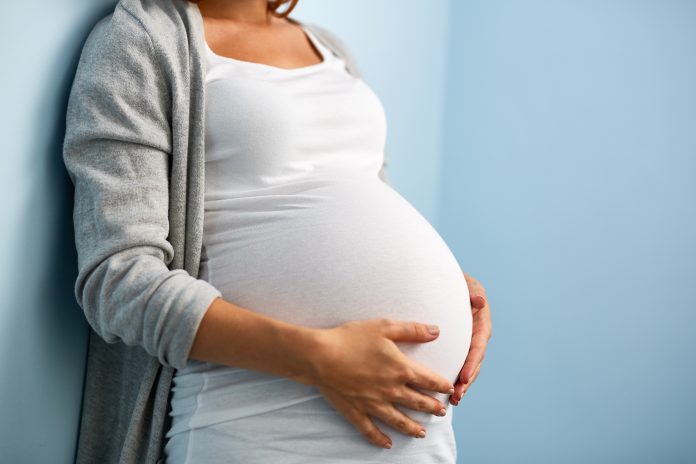The role of vitamin D in pregnancy, preeclampsia and pregnancy loss are examined here as an example of the excellent work of the Eunice Kennedy Shriver National Institute of Child Health and Human Development in the U.S. around investigating human development
Vitamin D is a group of fat-soluble secosteroids that are essential for lots of bodily functions such as regulating the amount of calcium, magnesium and phosphate in the body, as well as keeping muscles, bones and teeth healthy. The body naturally creates vitamin D from direct sunlight onto the skin. It can also be found in some foods, including oily fish, red meat, egg yolks and fortified dairy products.
It is common for people to need supplements, particularly in the autumn as winter months when the sun is not as strong. On top of this, it is especially common for pregnant women to be deficient in and, therefore, need vitamin D supplements, so they get enough both for their own health and the development of their baby. Research has indicated that deficiency of vitamin D during pregnancy increases the risk of preeclampsia, gestational diabetes, and low birth weight.
Preeclampsia
Preeclampsia is a complication in pregnancy that usually begins around 20 weeks in. It causes high blood pressure and sometimes damage to organs, most frequently the liver and kidneys.
Preeclampsia is one of the leading causes of maternal and foetal morbidity. One leading factor in preeclampsia development is placental cell dysfunction. While there is a lot of evidence and research to suggest that vitamin D deficiency is associated with higher incidences of preeclampsia in pregnant women, there is not enough evidence at this time to prove that vitamin D can be used to improve placental cell function, which would allow it to be used to reverse placental cell dysfunction in preeclampsia. However, progress with this is being made. For example, studies done by Yuping Wang and David F. Lewis, from Louisiana State University Health Sciences Center show that Vitamin D have the potential to improve and even restore placental trophoblast function in preeclampsia.
Pregnancy loss
Moreover, insufficient levels of vitamin D are associated with miscarriage in women who have previously experienced pregnancy loss. In one study of 1,191 women who had between one and two miscarriages, 53% of women had insufficient concentrations of vitamin D. Results showed that women who were not deficient in vitamin D before conception, but not during early pregnancy, were more likely to achieve pregnancy and give live birth.
In another study done by the National Institutes of Health, “women who had sufficient preconception vitamin D concentrations were 10% more likely to become pregnant and 15% more likely to have a live birth, compared to those with insufficient concentrations of the vitamin. Among women who became pregnant, each 10 nanogram per millilitre increase in preconception vitamin D was associated with a 12% lower risk of pregnancy loss. Vitamin D levels in the eighth week of pregnancy were not linked to pregnancy loss”. (1)
High blood pressure
Some research suggests that Vitamin D sufficiency is important to minimise the risk of high blood pressure associated with low vitamin D levels at birth or during early childhood. In one study by Eunice Kennedy Shriver National Institute of Child Health and Human Development and the Health Resources and Services Administration, 775 children from around Boston were monitored in a long-term study from birth until the age of 18. The participants’ systolic blood pressure was taken yearly and results found that “children with a low vitamin D level at birth had a 38% higher risk for elevated systolic pressure at ages six through 18, compared to children with a sufficient vitamin D level at birth. Children with a low vitamin D level at ages one to three had a nearly 60% higher risk of elevated systolic pressure from ages 3 to 18”. (2) These results indicate that another important reason for pregnant women to be sufficient in vitamin D is to decrease the chance of their child developing high blood pressure later in life.
References
(1)www.nih.gov/news-events/news-releases/insufficient-vitamin-d-linked-miscarriage-among-women-prior-pregnancy-loss
(2) www.nichd.nih.gov/newsroom/news/071819-blood-pressure-vitamin-D
Open Access Government











